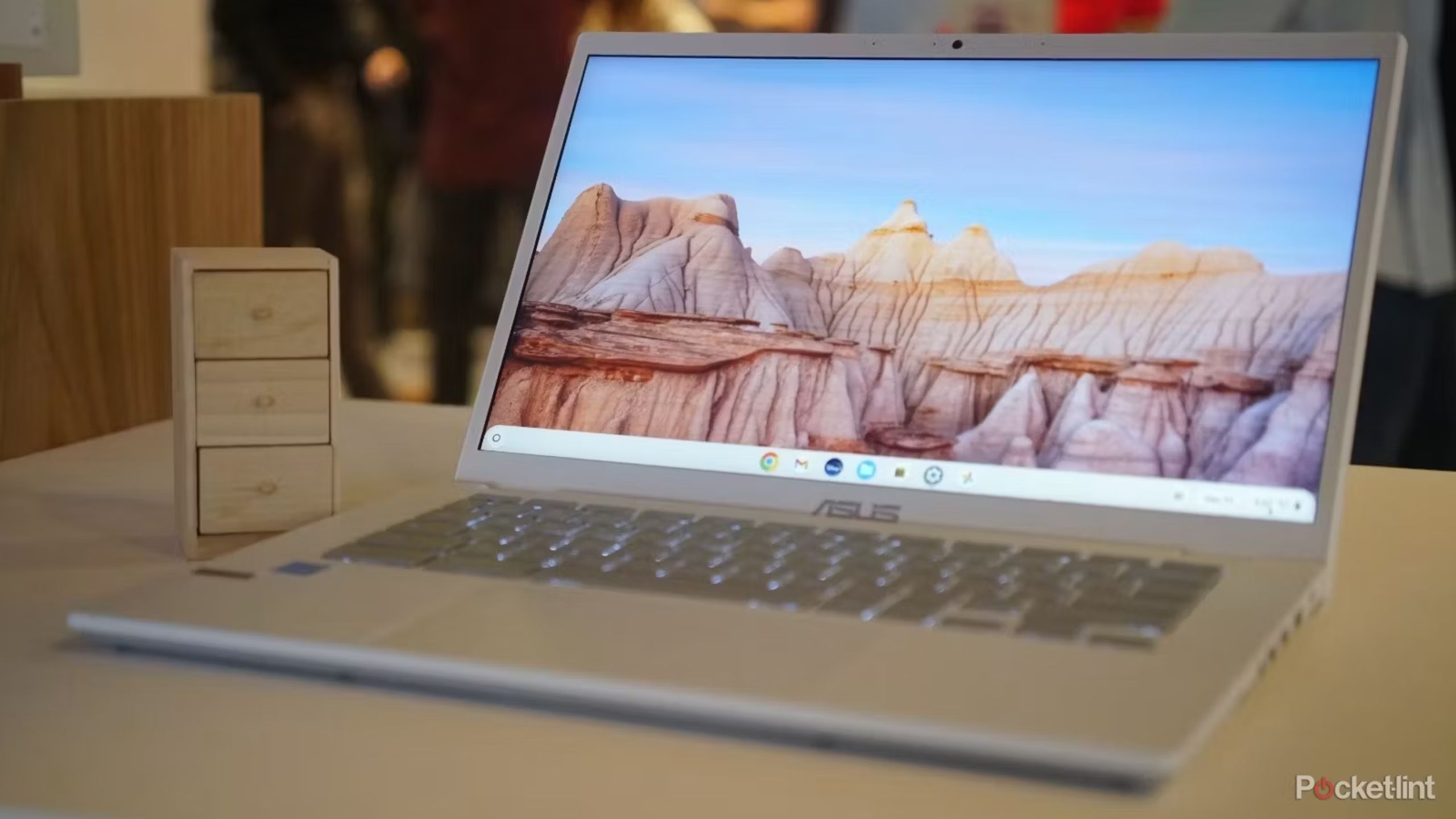Key Takeaways
- Chromebooks are lightweight, affordable, and ideal for tasks that don’t require intensive applications.
- Laptops offer more versatility, performance, and application support than Chromebooks.
- Chromebooks have better battery life and portability compared to laptops.
Should I buy a Chromebook or a laptop? This is a tricky question that has me wondering which one is the best for most people. Chromebooks tend to be much more affordable and lightweight when compared with a Windows laptop, but more and more laptops from brands such as Acer have made their ultrabooks lighter than ever. Unless you’re looking for a laptop that can handle video production or gaming, most ultrabooks and Chromebooks can help you save some money when shopping around, without sacrificing too much in terms of power for your daily workload.
If you’ve been shopping around for a new lightweight laptop and are considering a Chromebook, you’ve come to the right place. I’ll take you through what both a laptop and a Chromebook can offer you, and which is the better option for day-to-day use, gaming, and other use cases to help you decide which one is best for you.
My top 13 Chromebook features, tips, and tricks that I swear by
From enabling Google Assistant to pinning apps for quick access, you can get every dollar out of your budget-friendly machine.
What is a Chromebook?
Lightweight processing designed by Google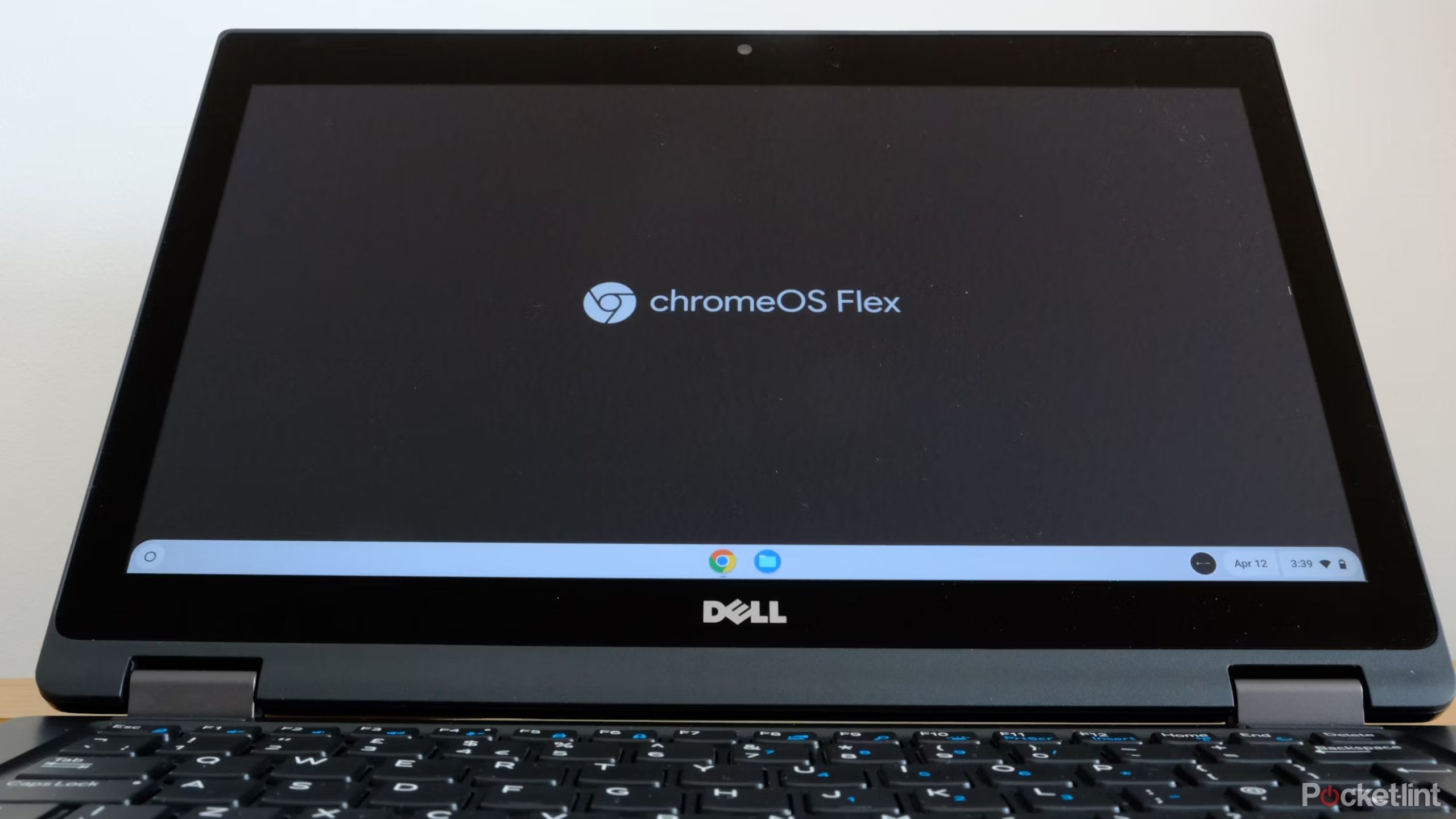
A Chromebook is a laptop that runs on Google’s Chrome OS, a lightweight operating system that’s web-based and easy to use. This means to make the most of a Chromebook, you need to be always online as much of the operating system relies on Google Chrome. Because everything is done online, though, Chromebooks tend to have limited RAM and storage, which helps keep prices on Chromebooks low. This can make Chromebooks a great option for people like students, who will have a reliable internet connection in the classroom and don’t need the most expensive laptop on the market.
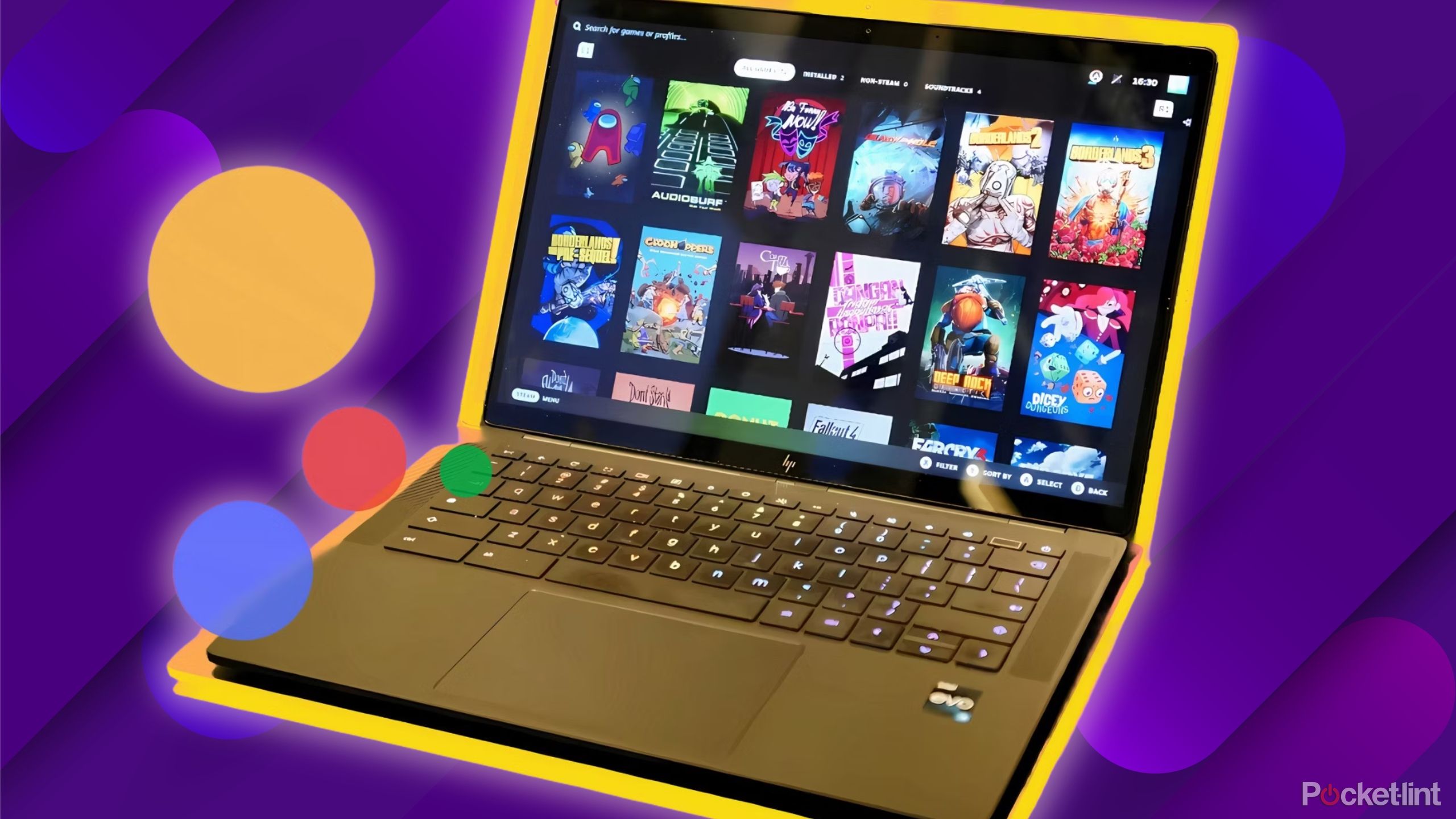
5 reasons you should get a Chromebook instead of a Mac
Comparing Chromebooks and Macs is like putting apples to oranges, but there are reasons you should go with the Chromebook.
Chromebooks vs laptops
Features and day-to-day use cases
You likely can’t tell the difference between a Chromebook and a Windows-based laptop just by looking at them side-by-side. Both have the same keyboard, touchpad, and clamshell folding or 2-in-1 designs. The real differences between a Chromebook and a Windows laptop or ultrabook come down to the operating system and common features. Chromebooks ship with Google’s ChromeOS, a web-centric operating system that utilizes Google’s Chrome browser. Nearly everything you can do on a Chromebook is done within the Chrome browser, making tasks feel quicker on a Chromebook when compared to a laptop. You’ll also notice when shopping around for a Chromebook that they tend to have less RAM and storage than a laptop, and this is because Chromebook storage is handled mostly within the Google Cloud, and there are not a ton of RAM-heavy apps available for ChromeOS.
Laptops, on the other hand, vary widely in performance. Some laptops, such as gaming laptops, will be as powerful if not more powerful than some desktop PCs, while other laptops, such as ultrabooks, aren’t too far off in performance specs from a Chromebook. Most laptops ship with Microsoft Windows 11, although there are laptops on the market that ship with Linux. Laptops, when compared to Chromebooks, are more versatile. Laptops can be configured with high amounts of RAM and storage capacities, allowing you to install resource-intensive or large applications. Things such as photo editing, video editing, and gaming are all more comfortable on a laptop than on a Chromebook.
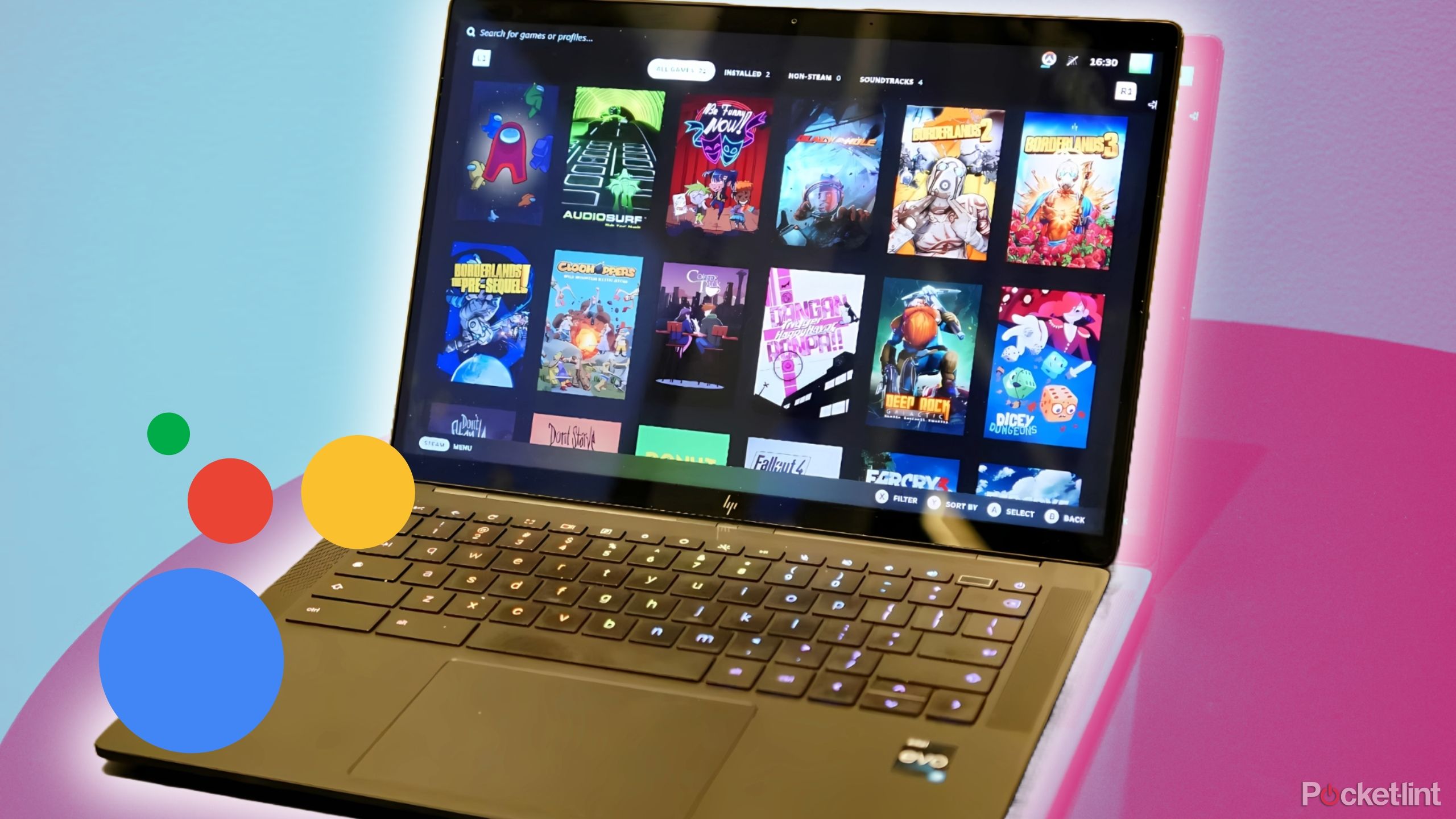
My top 13 Chromebook features, tips, and tricks that I swear by
From enabling Google Assistant to pinning apps for quick access, you can get every dollar out of your budget-friendly machine.
Software
Native cloud apps vs dedicated apps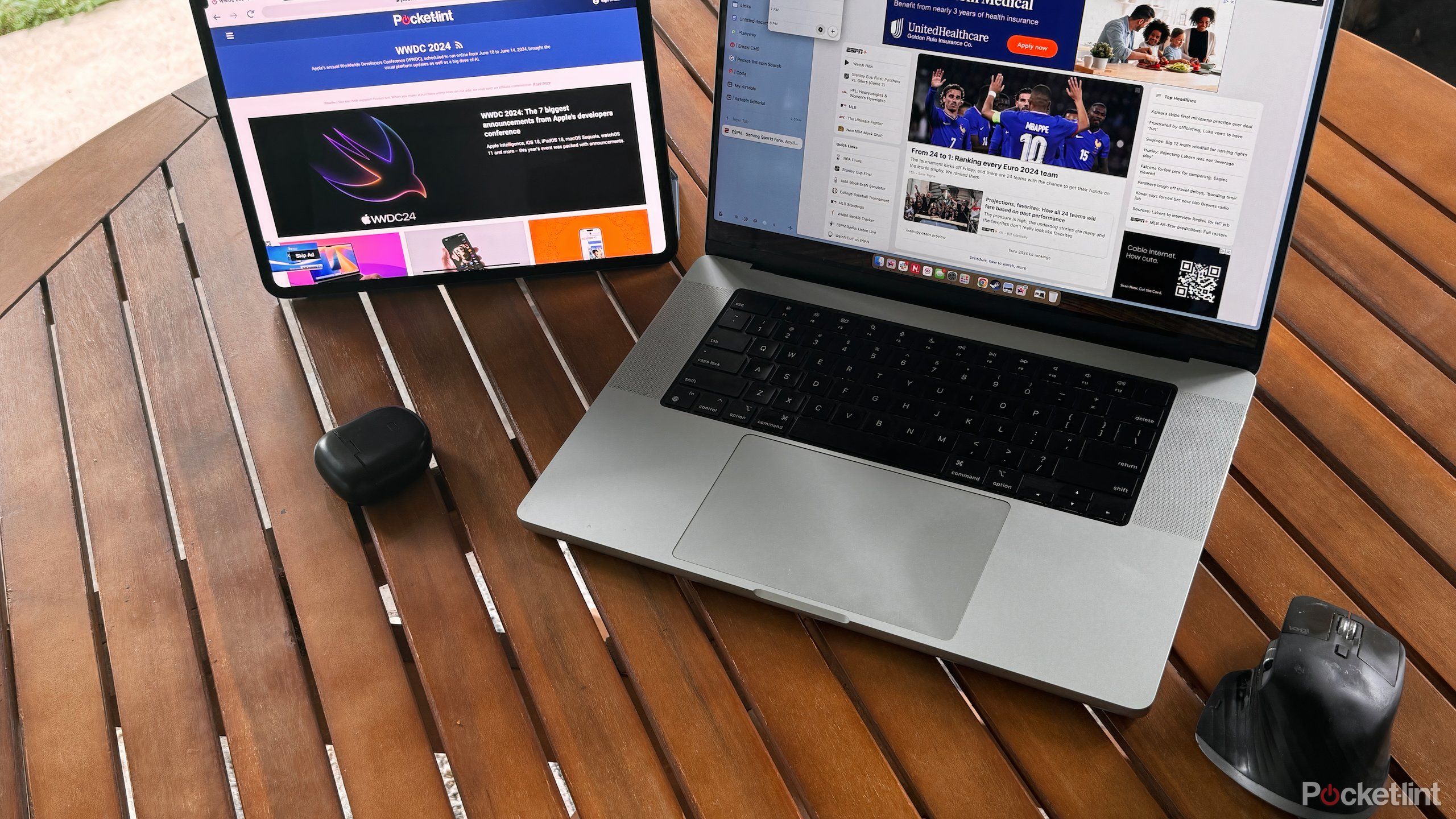
This is where the biggest difference between a Chromebook and a laptop comes into play — apps. There’s a large difference in what apps a Chromebook and a laptop can run, and for many users, this will be the deciding factor on whether they can or should switch to a Chromebook from a Windows-based laptop.
Chromebooks run apps through the Chrome Web Store, and some Chromebooks are able to run some apps from the Android apps available on the Google Play Store. As a result, Chromebooks are relatively limited in their functionality. While many developers have gotten on board with ChromeOS and have developed web-based versions of their apps for Chromebooks, overall functionality is still quite lacking, especially for complex tasks when compared to laptops.
Windows-based laptops are still developer-focused, meaning you can install nearly any app locally onto a Windows laptop. Of course, there are limitations when it comes to macOS-only apps, but these days there are fewer and fewer apps that are locked to a specific operating system. The vast majority of apps developed for computers come to Windows first, and with a laptop you’ll have access to thousands of apps that you won’t with a Chromebook.
Battery life and portability
Chromebooks are lighter and less resource-intensive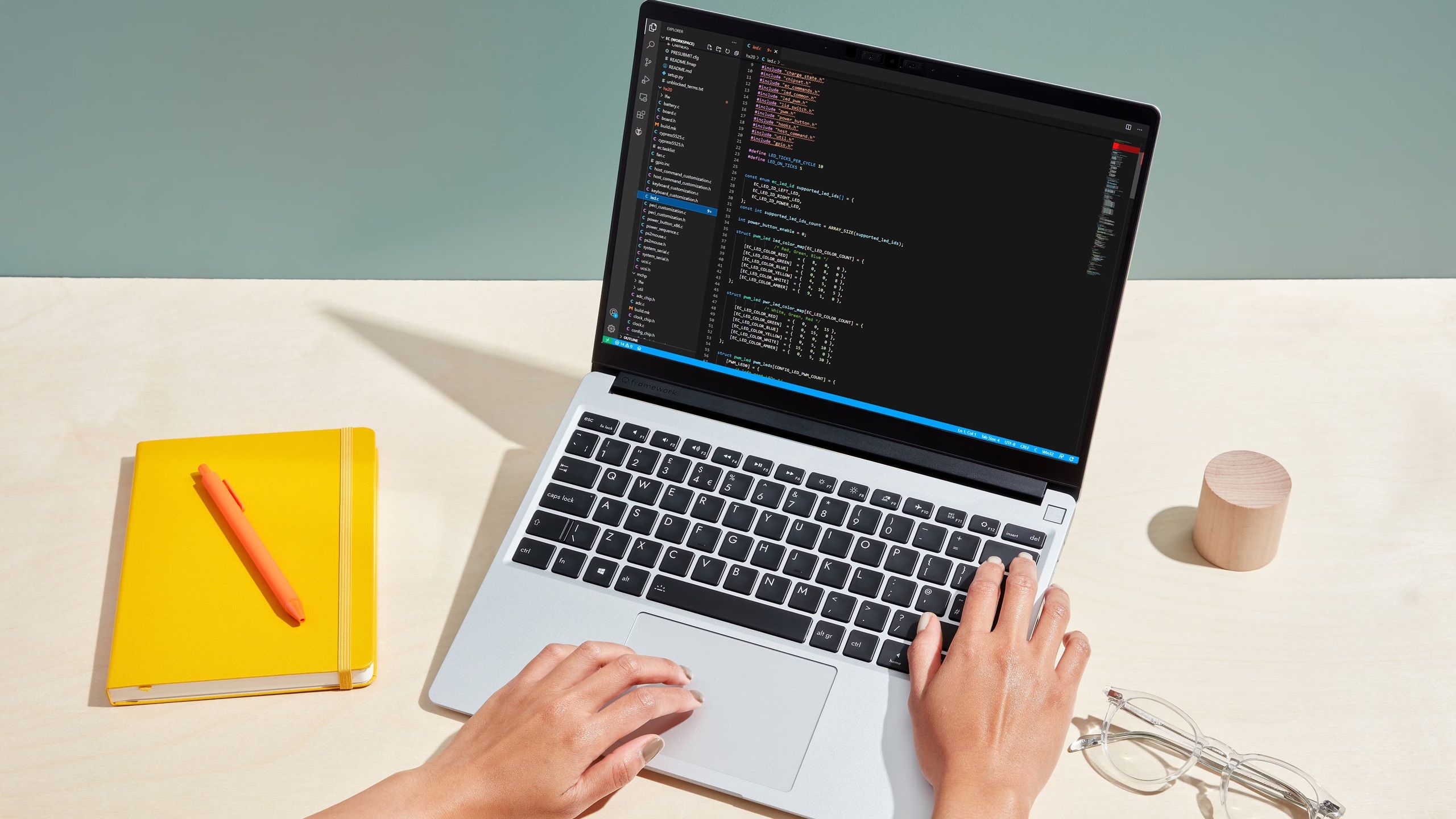
Laptops and Chromebooks can both offer long battery lives and stellar portability, but Chromebooks do tend to win out in this category more often than laptops. Chromebooks often offer battery life when compared to laptops because of how power efficient ChromeOS is compared to Windows, but also because Chromebooks require less intensive hardware to run than laptops do. Windows laptops require better hardware to run the Windows OS, but this also translates to a less efficient battery in most cases.
As a rule of thumb, you can expect a budget entry-level Chromebook to provide you with six-to-eight hours of battery life, while the most affordable entry-level laptops often only provide three-to-six hours of battery life. Laptop battery life does improve once you get into the higher-end laptops available, but then you are spending a minimum of $1,000, and those laptops have large batteries that add a lot to the overall weight of the device, and often require a chunky power adapter.
Concerning portability, both laptops and Chromebooks are on par with each other, but I would argue that Chromebooks tend to be lighter than their laptop counterparts, granted only by a few ounces in most cases. I mentioned earlier that it’s nearly impossible to tell the difference between a Chromebook and a laptop at first glance. You’ll find both laptops and Chromebooks start as small as 11-inches, and go up to 17-inches. One key aspect that is beneficial for laptops over Chromebooks is the ability to work on documents or files while offline, meaning you can work from places without an internet connection, which you can’t do too well with a Chromebook.

Google Chrome update boosts battery life and improves memory management for a smoother browsing experience
Chrome shouldn’t eat all of your machine’s RAM anymore, Google hopes.
Performance
Laptops can do more, but Chromebooks excel at daily tasks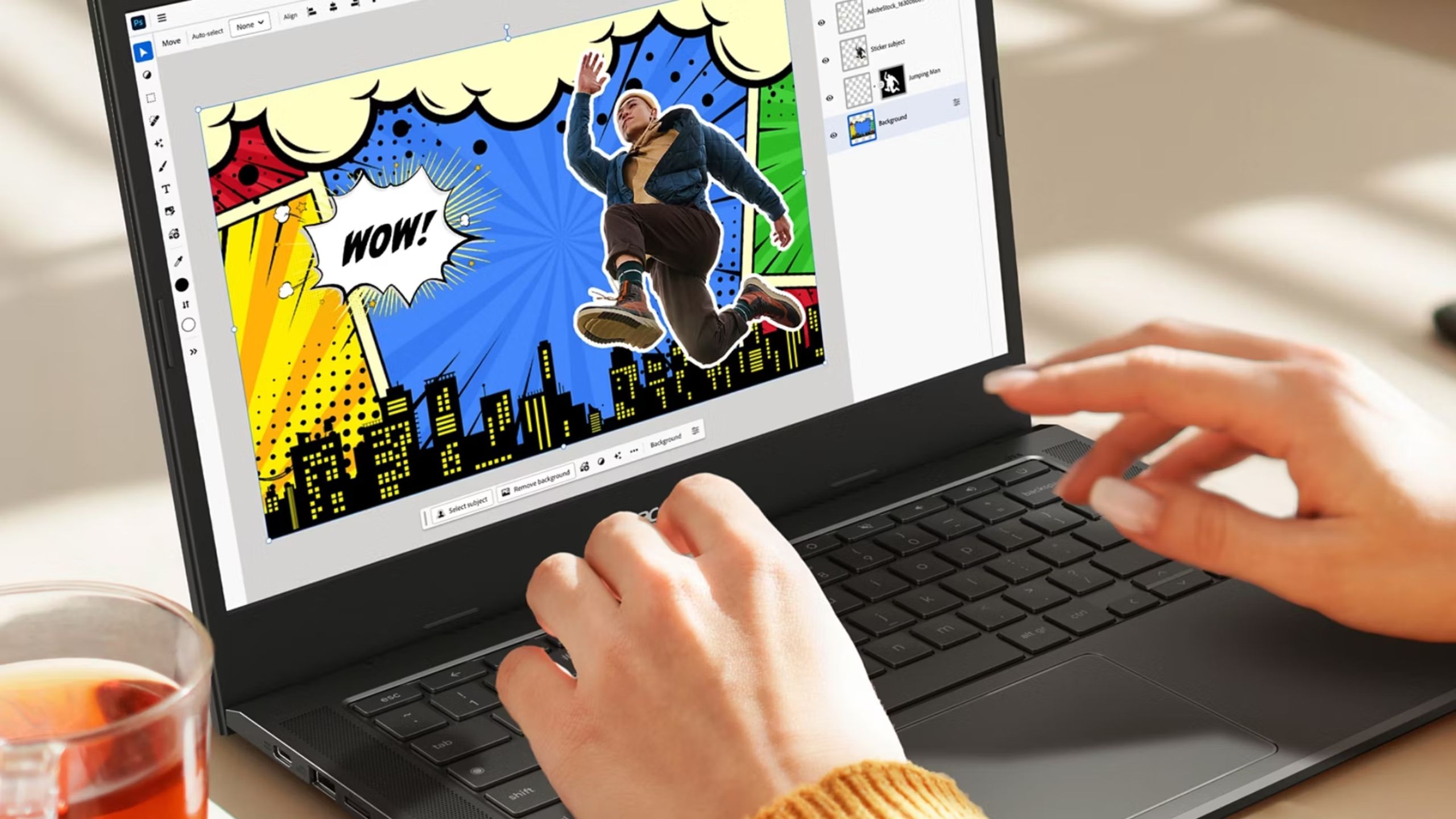
The gap between a Chromebook and a laptop might not be as high as you would expect. Entry-level Chromebooks and laptops are relatively on par in terms of performance, and Chromebooks stay on par with laptops when you scale up to the mid-range models with better processors. The most expensive Chromebooks can often go toe-to-toe with laptops at the same price point, but as we’ve mentioned earlier, you can do more with a laptop than you can with a Chromebook.
Chromebooks excel at daily tasks such as word processing, emails, or any other web-based task. If I were to go back to school to pursue a master’s degree, I could see myself getting a new Chromebook. All I would need would be Google Docs, a PDF viewer, and a way to upload and store files, all of which ChromeOS excels at. If you were someone going to school for a STEM-related degree, you would probably be better served with a laptop than a Chromebook. Laptops will allow you to install engineering applications like CAD or AutoCAD, and they run these programs smoothly.
If you want a computer that can handle gaming, you’ll definitely want to stick with a laptop instead of a Chromebook. While Chromebooks can handle some games, they are few and far between. You can install Steam on a Chromebook, but I still would rather game on a gaming laptop instead of even the best Chromebooks on the market. Chromebooks don’t offer discrete graphics. The very best Chromebooks will instead feature integrated Intel Iris Xe or AMD Radeon graphics, but when compared to even mid-range gaming laptops that come with discrete GPUs, graphics performance will be better on a laptop.

A new Microsoft Copilot AI key will ship on Windows 11 laptops now
Microsoft says that 2024 will be the year of the AI PC, and it has a button to prove it.
Should you switch to a Chromebook: the bottom line
A great idea for students and casual users
I prefer a laptop or a MacBook over a Chromebook. However, if I were a student looking to save some money on a computer, I would consider a Chromebook. I studied in the humanities department, so my university experience was filled with reading and writing, which is something a Chromebook excels at. I also like the fact that gaming is not very tenable on a Chromebook for students. I like to think of Chromebooks as a semi-distraction-free device in this way. While you still have access to the internet, you are less likely to waste your time playing games or messing around with applications on a Chromebook like you might on a laptop.
However, I stick with laptops over Chromebooks because of the application support that comes with Windows. While you could use the web-based version of creative apps such as the Adobe Suite on a Chromebook, I find that these web-based applications aren’t as smooth as the actual versions of things like Illustrator and Photoshop. However, it’s tough to beat the pricing on Chromebooks, and if you’re looking for an affordable computer, and you won’t need any intensive applications, definitely consider a Chromebook to save a few (hundred) dollars.
Trending Products

Cooler Master MasterBox Q300L Micro-ATX Tower with Magnetic Design Dust Filter, Transparent Acrylic Side Panel, Adjustable I/O & Fully Ventilated Airflow, Black (MCB-Q300L-KANN-S00)

ASUS TUF Gaming GT301 ZAKU II Edition ATX mid-Tower Compact case with Tempered Glass Side Panel, Honeycomb Front Panel, 120mm Aura Addressable RGB Fan, Headphone Hanger,360mm Radiator, Gundam Edition

ASUS TUF Gaming GT501 Mid-Tower Computer Case for up to EATX Motherboards with USB 3.0 Front Panel Cases GT501/GRY/WITH Handle

be quiet! Pure Base 500DX ATX Mid Tower PC case | ARGB | 3 Pre-Installed Pure Wings 2 Fans | Tempered Glass Window | Black | BGW37

ASUS ROG Strix Helios GX601 White Edition RGB Mid-Tower Computer Case for ATX/EATX Motherboards with tempered glass, aluminum frame, GPU braces, 420mm radiator support and Aura Sync


